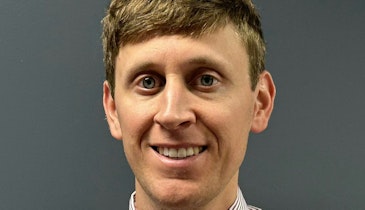Deep down we all want to leave a legacy — to leave behind more than a tombstone that after a number of years no one visits anymore.
I mention this knowing that many people who read this magazine are within eyeshot of retiring. What goes through a person’s mind, in this...





